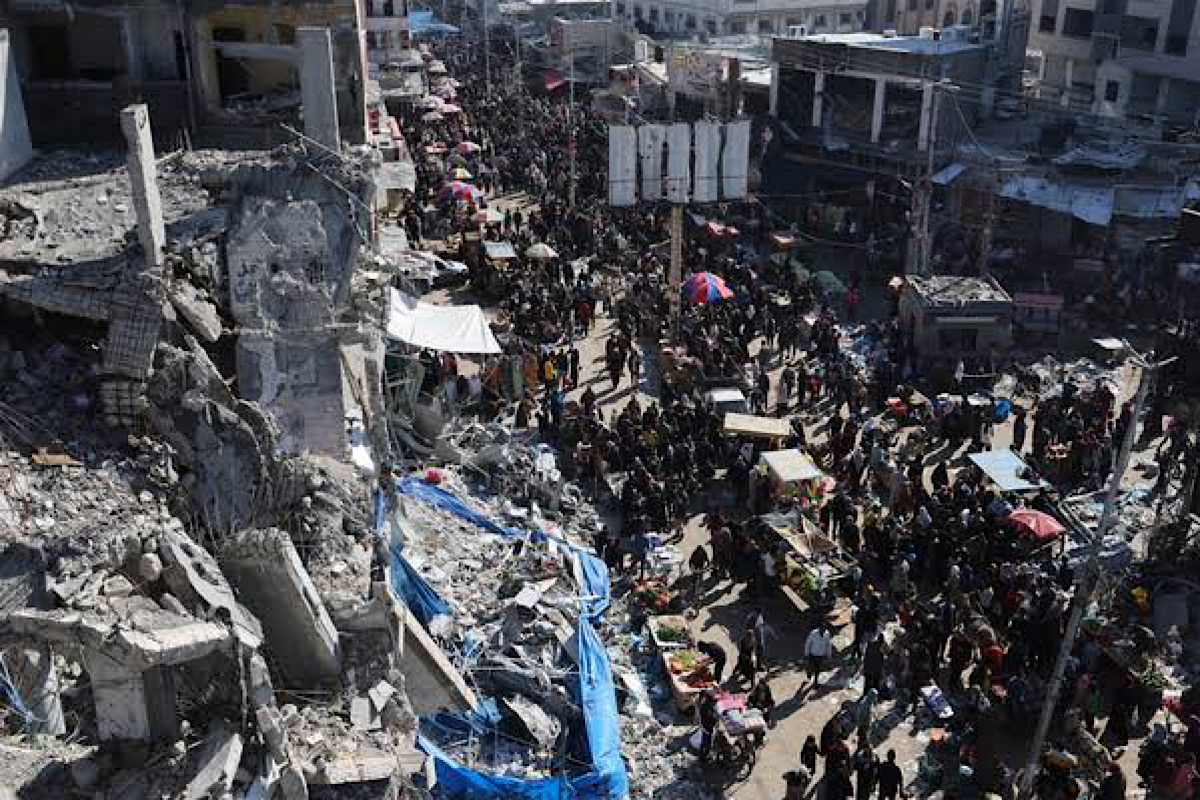The recent ceasefire between Israel and Hamas offers a fragile respite in a volatile region. Brokered through Qatar’s mediation and supported by the United States, the agreement involves the phased release of hostages and Palestinian prisoners, alongside the entry of limited humanitarian aid into Gaza. While this development provides temporary relief, it underscores the deeper challenges of achieving lasting peace in the region. This agreement represents a vital step toward ending one of the region’s most prolonged and devastating conflicts, offering a glimmer of hope for peace and stability. The success of this deal could pave the way for long-term reconciliation efforts.
President-elect Donald Trump heightened the urgency last week with a stark warning that “all hell would break loose” if the hostages, including Americans, were not freed before his inauguration. His remarks added considerable pressure on all sides to act swiftly, reflecting the global focus on the hostage crisis. President Joe Biden, speaking on the deal, described it as a critical step toward reducing tensions and urged all parties to uphold their commitments. His administration played a significant role in facilitating the agreement, highlighting the US’s continuing influence in West Asian affairs. Israeli Prime Minister Benjamin Netanyahu has defended the deal as a vital step to ensure the safe return of Israeli hostages. However, the exchange of Palestinian prisoners, many of whom were convicted of militant activities, has drawn criticism from Mr Netanyahu’s right-wing coalition members.
Advertisement
Critics argue the releases could embolden Hamas and compromise Israeli security, illustrating the political tight-rope Mr Netanyahu must walk in balancing humanitarian priorities with domestic security concerns. In Gaza, the humanitarian situation remains dire. Years of blockade and repeated military operations have devastated infrastructure, leaving millions without access to essential supplies like food, water, and medicine. The ceasefire allows for limited aid deliveries, but addressing Gaza’s long-term needs will require a sustained international effort and a commitment to rebuilding the region. Qatar has emerged as a critical mediator, leveraging its unique position to facilitate negotiations between parties unwilling to engage directly. Its role in brokering the ceasefire underscores the importance of regional actors in navigating the complexities of West Asian diplomacy. Despite these developments, the ceasefire’s fragility cannot be ignored. Extremist factions on both sides have historically undermined such agreements, and tensions over the prisoner exchange could derail the truce. The risk of renewed violence looms large if either party perceives breaches in the deal or if external pressures destabilise the arrangement.
Mr Trump’s warning serves as a reminder of how precarious the situation remains. While the ceasefire provides a brief moment of relief, it is far from a comprehensive resolution. As Mr Biden emphasised, sustained diplomacy, mutual restraint, and efforts to address the root causes of the conflict are essential to ensuring that this ause in violence becomes a foundation for long-term peace. Without such efforts, the region risks falling back into chaos.











